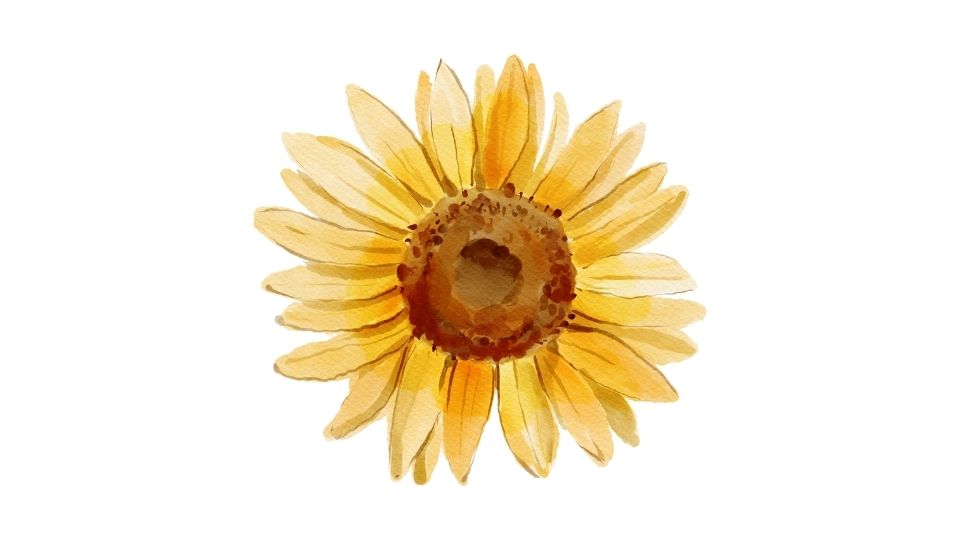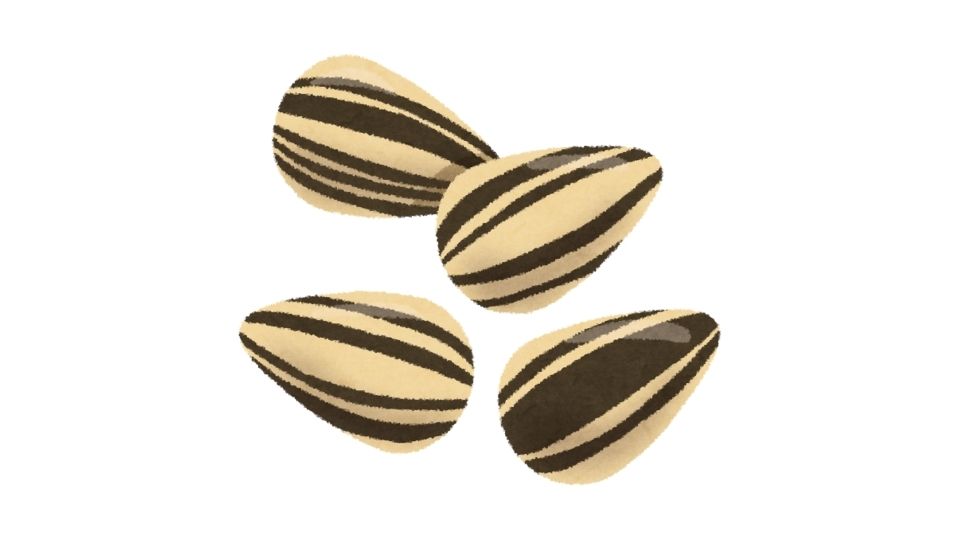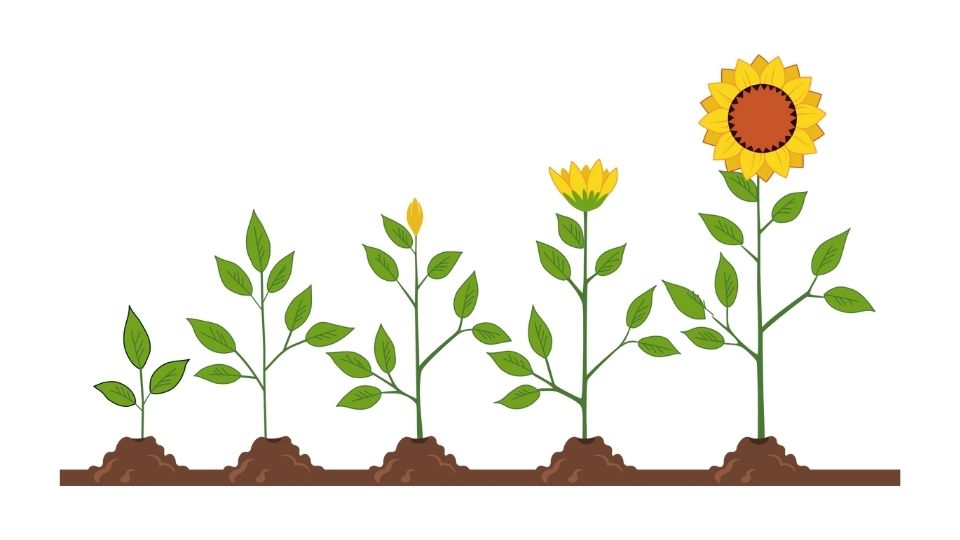Ever wonder how much protein is packed into a pound of those little sunflower seeds?
I was curious myself, so I did some digging. Turns out, these tiny powerhouses are protein machines – but exactly how much are we talking?
Let’s break down the numbers and see why these seeds might deserve a spot in your pantry (especially if you’re looking to boost your protein intake without chomping on chicken breast for the 5th time this week).

How Much Protein Is In A Pound Of Sunflower Seeds?
The short answer: A pound of shelled sunflower seeds contains roughly 85-96 grams of protein.
That’s a serious amount of plant-based protein from something so small!
This isn’t just a random guess – this range comes from synthesizing data from multiple nutrition sources. According to Harvard Health, one ounce (28g) of shelled, dry roasted sunflower seeds contains between 5.5-5.8g of protein.
Do the math and scale that up to a pound (16 ounces), and you get roughly 88-93 grams of protein.
Other trusted sources like FoodStruct note slightly higher numbers, with around 21g of protein per 100g of sunflower seeds – which translates to about 95g per pound.
Let’s Get Specific About These Seeds

When we talk about sunflower seeds and protein content, we need to be clear about what we’re measuring.
The numbers above are for shelled sunflower seeds only – meaning just the edible kernels, not including those pesky shells.
This distinction matters because:
- Shells add weight without contributing nutrients
- Most nutrition tracking is based on the edible portion
- Nobody wants to crunch numbers (or shells) when planning meals
Sunflower Seed Nutrition Breakdown
Beyond just protein, sunflower seeds are nutrition bombs. Here’s what you’ll get in 100g of shelled seeds:
- Protein: 19-21g
- Total Fat: 44-51g (mostly the good stuff – mono and polyunsaturated)
- Carbs: 11-14g
- Fiber: 8-10g
- Calories: Around 584 kcal
But wait, there’s more! These seeds are packed with vitamin E, magnesium, and selenium – nutrients that many of us don’t get enough of.
According to the National Institutes of Health, sunflower seeds are one of the best natural sources of vitamin E, a powerful antioxidant that protects your cells.
Why Sunflower Seed Protein Matters

You might be thinking, “OK but why should I care about protein from seeds when I can get it from meat or protein powder?”
Fair question! Here’s why sunflower seed protein deserves some attention:
- It’s complete plant protein with all essential amino acids
- It comes packaged with healthy fats that support nutrient absorption
- It’s accessible for people with various dietary restrictions
- The seeds provide a satisfying crunch that makes healthy eating more enjoyable
The Academy of Nutrition and Dietetics points out that varied plant proteins like those found in seeds can adequately meet protein needs even for athletes and active individuals.
How To Actually Use Sunflower Seeds

Theory is great, but let’s get practical. How can you incorporate these protein-rich seeds into your diet?
- Sprinkle them on salads for an instant protein boost
- Blend into smoothies (your blender can handle it!)
- Make sunflower seed butter as an alternative to peanut butter
- Add to homemade energy bars for sustained energy
- Mix into oatmeal or yogurt for breakfast with staying power
- Use as breading for baked chicken or fish (seriously, try it!)
My personal favorite? Toasting them lightly and adding them to roasted vegetables. The nutty flavor pairs perfectly with sweet potatoes or Brussels sprouts.
The Bottom Line

A pound of shelled sunflower seeds delivers about 85-96 grams of protein along with healthy fats, fiber, and essential micronutrients.
While you probably won’t eat a pound at once (your jaw would get tired!), even a quarter cup serving gives you a respectable protein boost of around 8g.
Are sunflower seeds going to replace your protein powder or chicken breast? Probably not. But they’re an excellent supplementary protein source that adds variety, nutrients, and flavor to your diet.
The next time you’re looking for a protein-packed snack or meal addition, don’t overlook these little nutritional powerhouses!




Leave a Reply